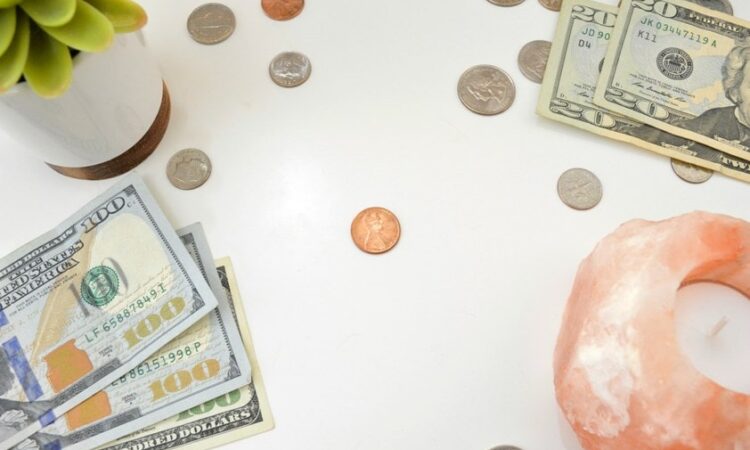How To Build Wealth Faster

Thorstein Veblen didn’t have an easy path to greatness.He was the Wisconsin-born son of Norwegian immigrants. His parents had little money and less command of English. Young Veblen grew up speaking Norwegian, rather than English.
Despite their limitations, the Veblen family soon prospered. They worked hard and bought a farm in Minnesota. More importantly, they stressed education above all else. The immigrant parents insisted their children receive the best education.
Thorstein Veblen’s sister, Emily, became the first woman to graduate college in Minnesota. His brother Andrew became a physics professor — and later the father of one of America’s greatest mathematicians, Oswald Veblen.
Thorstein’s early prospects weren’t so rosy. Despite earning a doctorate from Yale in philosophy, Veblen’s career stalled. He was unable to secure a teaching position. Instead, he returned to the family farm, where he spent years voraciously reading books.
Though his early career was marginal, Veblen would soon scale even greater heights than his siblings. He would become a famed economist and sociologist, one of America’s leading academics.
Today, 86 years after his death, many of his most famous concepts are still highly relevant.
None perhaps more than his idea of “conspicuous consumption.”
How society – and our biology – undermines our wealth building efforts
The idea behind conspicuous consumption is simple. We purchase goods in order to signal wealth or status. The more expensive, the better. Higher prices mean greater exclusivity.
In Veblen’s day, this mindset was mainly confined to the wealthy, or the “leisure class.” Industrial society and WW2 had yet to create the modern middle class.
Another economist and philosopher, Karl Marx, believed that workers would rise up against the wealthy. Veblen had a different view. He believed that workers would emulate the wealthy.
And that’s exactly what happened. Of course, it wasn’t just a matter of people preferring aspiration to violence. The rise of modern consumer society created the conditions that fulfilled Veblen’s prophecy.
All day long, we’re bombarded by advertising and marketing. We receive constant signals to consume as much as possible. We’re also told that what we buy defines who we are.
There’s also the evolutionary angle. Our biology programs us to hoard goods in the event of scarcity. For almost all of humanity’s existence, we never knew when the next famine would strike. So we have a deep impulse toward acquiring goods.
Scans of our brains have shown that the anticipation of a purchase triggers the release of dopamine. That chemical boost dissolves almost at once upon purchase, however. It’s a sensation we all know — buyer’s remorse.
Given these pressures, it’s easy to fall into a cycle of conspicuous consumption. And that’s the single biggest roadblock to wealth for most of us.
We spend too much. We save too little.
And we can’t break that cycle.
So how do we resist our programming?
Action Plan: How do I avoid the pitfalls of consumerism?
The positive “charge” we get from spending money on consumer goods is fleeting. Yet the financial results of such buys are often anything but. That’s why it’s critical to develop healthy spending and saving habits. Some ideas to consider:
- Operate under a strict 24-hour rule. If you want to buy a luxury item, wait at least one day. In the days of Amazon and other online retailers, impulse buying is more tempting than ever.
- Don’t touch items for sale. Research has shown that touching items increases our feelings of ownership. This in turn makes us more likely to buy an item we’ve picked up.
- Write down a list of your debts. Bring that list with you when you shop. It’s a great way to counteract impulse buying.
- Understand your motivation. Are you spending because you’re feeling sad? Are you envious of something a friend or colleague has? If the answer is yes, reconsider your purchase. Avoid triggers. Emotion should never guide spending.
- Think about how today’s spending habits affect your future.
- The prospect of buying something new excites us. This biological response lowers our resistance. Before buying anything ask “do I really need this?” Or “will I regret this in two weeks?”
- Most modern societies are vastly wealthier than they were a century ago. Yet depression, anxiety and obesity have grown. Working toward and achieving financial independence is a noble goal. The odds are good you’ll feel rewarded. Mindlessly buying status symbols, however, is not an answer. Those rewards are fleeting.
Every day, marketers develop cutting-edge new ways to sell us items we don’t need. Our brains are wired to find this irresistibly attractive. Escaping from “the consumption trap” takes considerable effort.
By following the advice listed above, you can rein in your spending habits — and give your savings a major boost.





